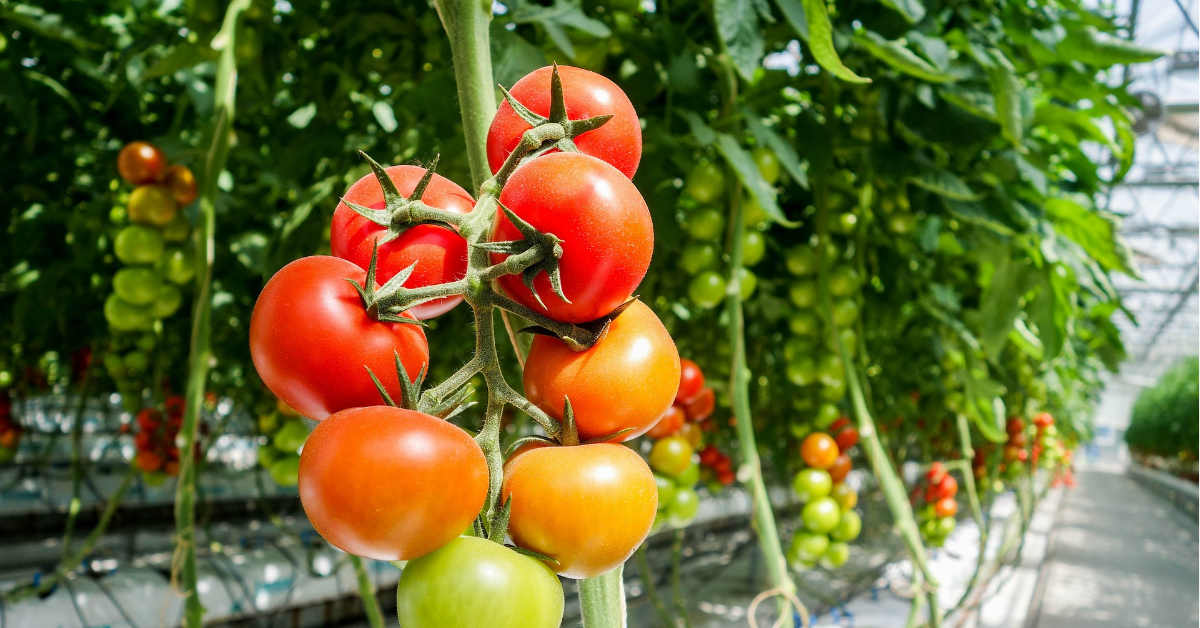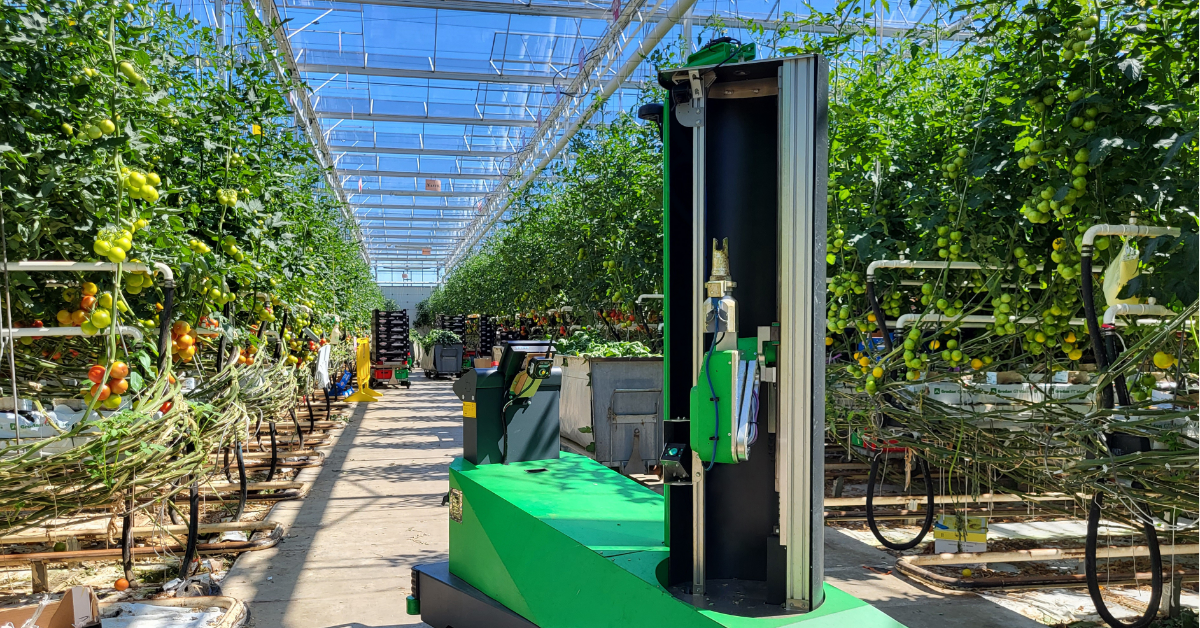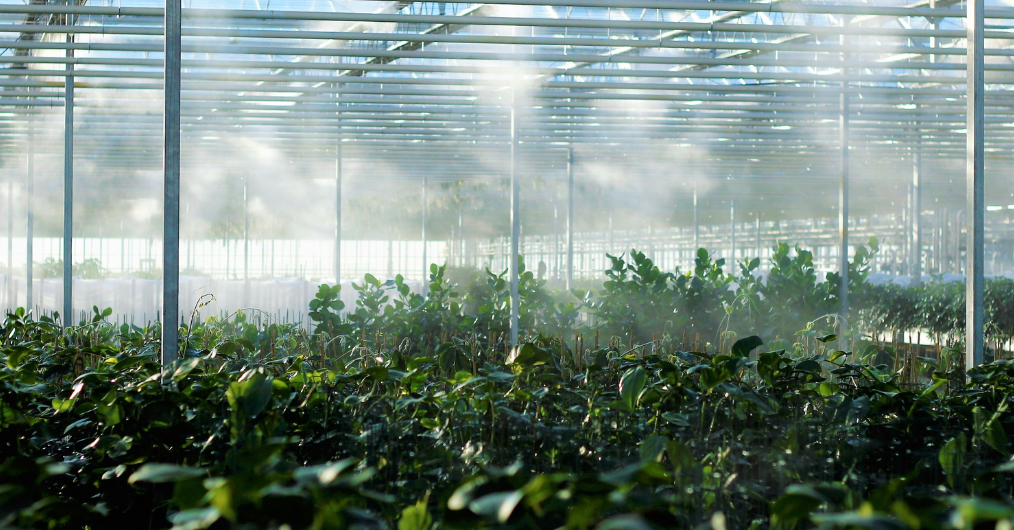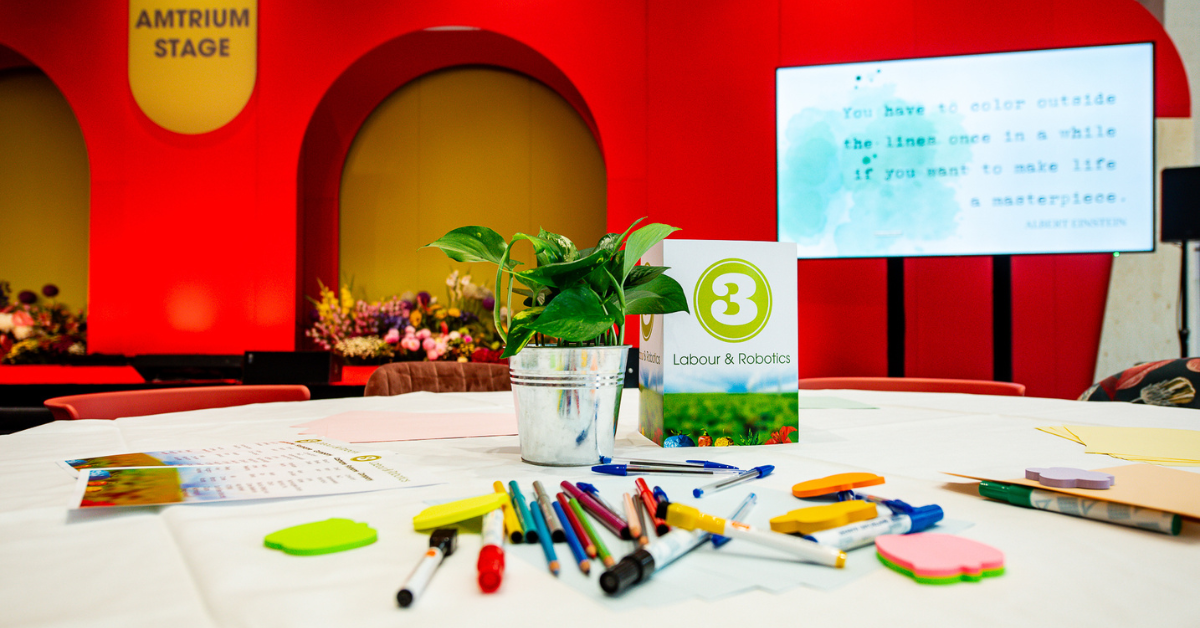Labour shortage | attracting young people into the soft fruit sector
Seasonal labour shortages prompt “Feed the Nation” drive in UK
As the world battles the devastating coronavirus, travel bans are disrupting the supply of invaluable, migrant, seasonal workers upon whom the soft fruit sector relies to pick and pack its berries.
In the UK, the shortage has led to the launch of a nationwide “Feed the Nation” recruitment drive. This is calling for local workers – whose job situation may have been affected by the Covid-19 pandemic – to apply for the 90 000 seasonal fresh produce jobs (including paid placements on fruit farms) that need to be filled this summer.
Whilst the labour shortfall is concerning, there is a positive that could come out of it. The drive could help attract young people into the soft fruit production – helping to address not just the seasonal labour crisis, but also the industry’s prevailing, global, skills shortage largely caused by a lack of new entrants.
Horticulture recruitment drive could help reconnect young people with food production
Laura Bailey, product manager at Haygrove – an international berry and cherry grower and growing systems (polytunnel) supplier – says: “If you had asked me before last year, I would have said we were competing for labour with industries that are perceived to be more attractive. But coronavirus has thrown a spanner in the works. Other types of jobs that students would have traditionally done during the summer – such as bar or restaurant work – are not currently available.”
The 29-year-old also says: “The horticulture industry is where the opportunities are. And so, if we can attract young people to work on our farms this summer, a percentage of them are going to see a career path that excites them. This could be an amazing opportunity for the soft fruit industry to get young people interested in our sector and help them to reconnect with food production.”
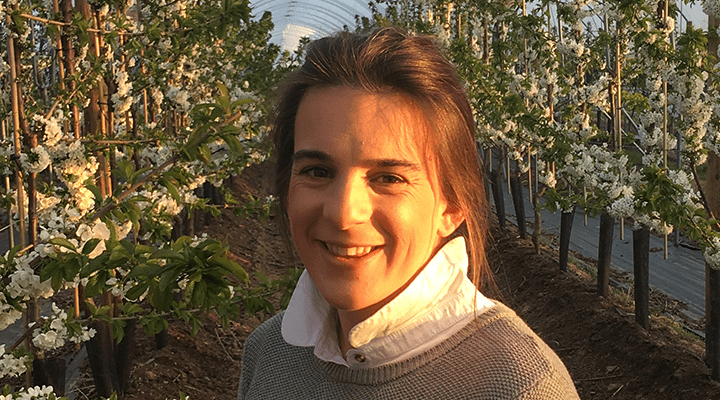
Jed Knaggs, a 24-year-old glasshouse strawberry grower for The Summer Berry Company, adds: “Whilst the recruitment drive is predominantly a chance to help those who have unfortunately lost their jobs, it is also a chance to promote horticulture to talented young people who would have otherwise not considered it as a potential career.”
Horticulture: the science of feeding the world
Prior to the current recruitment drive, efforts were already being made to attract more young people in the fruit industry. Laura is a committee member of a newly-rebranded organisation, NextGen Fruit Group – a dynamic group of under 40s who work in the (top, soft and stone) fruit production. NextGen hopes to link with universities and other education settings to show young people the business’s varied and exciting career opportunities.
Laura explains: “It is an aim of the NextGen community to educate young people how innovative and dynamic the industry is and the many opportunities that are there. It’s not just for people who want to work outdoors – we need a wide range of skills and specialisms, from data analytics to robotics.”
Jed points out that the soft fruit sector could be promoted in schools as more of a science career option. He says: “This is the science of feeding the world and protecting the environment – what can be cooler than that?”
Gaining a glimpse of the soft fruit industry
Jed’s current role sees him busily oversee all aspects of glasshouse crop production, including climate, fertigation, hydroponics, and integrated pest management (IPM). “There’s a lot of entomology and general ecology, so it’s a great area for youngsters with an interested in environmental issues to get involved in.”
The young grower first acquired a taste for horticulture whilst at university. He recalls: “During the first year of my agricultural business management degree at the University of Reading, I chose a horticulture module and it was just fantastic. I couldn’t believe how high-tech the industry is and just how much science and technological innovation is involved in horticultural production.” This inspired Jed to complete a work placement at Hall Hunter Partnership. “It was a great introduction to the industry as a whole,” he says.
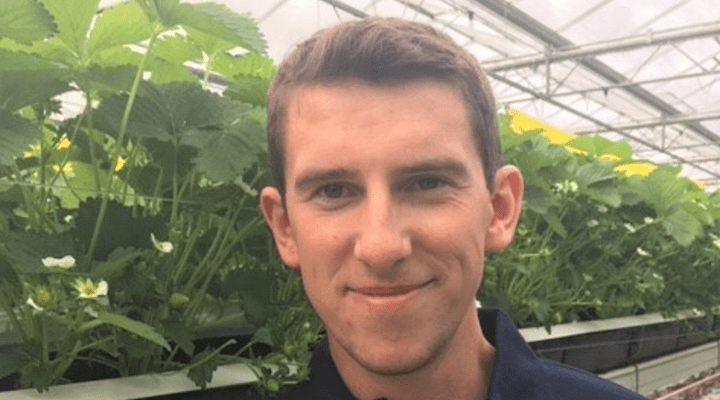
Similarly, Laura’s career began when she started a 20-week internship at Haygrove during her international agri-business degree at Royal Agricultural University. “I saw an advert in the local paper and thought it sounded interesting. And that’s how I got into it.” Laura enjoyed her work placement so much that, after university, she joined the company’s European commercial support team as a graduate trainee.
“This role gave me a much larger outlook of the soft fruit industry and (because of the differences in how it’s grown and marketed) just how much it varies from country to country.”
Arguably, if more young people are made aware of the sector – either by working on a farm this summer or by a grower visiting their school or university– then perhaps soft fruit’s skills and labour crises can start to be resolved.
Share your horticulture technology stories with us
Do you have an innovation, research results or an other interesting topic you would like to share with the international horticulture technology industry? The GreenTech website and social media channels are a great platform to showcase your stories!
Please contact our Brand Marketing Manager Murkje Koopmans.
Are you an GreenTech exhibitor?
Make sure you add your latest press releases to your Company Profile in the Exhibitor Portal for free exposure.
Have exclusive horticulture technology news delivered to your inbox
The GreenTech monthly newsletter brings you the latest exclusive horticulture technology news and updates about our global horticulture technology trade shows and events.
Join over 32,000 of your peers and receive:
☑ Exclusive commentary from industry leaders
☑ The latest news from the GreenTech team
☑ Stay up to date with all the latest news about our events



